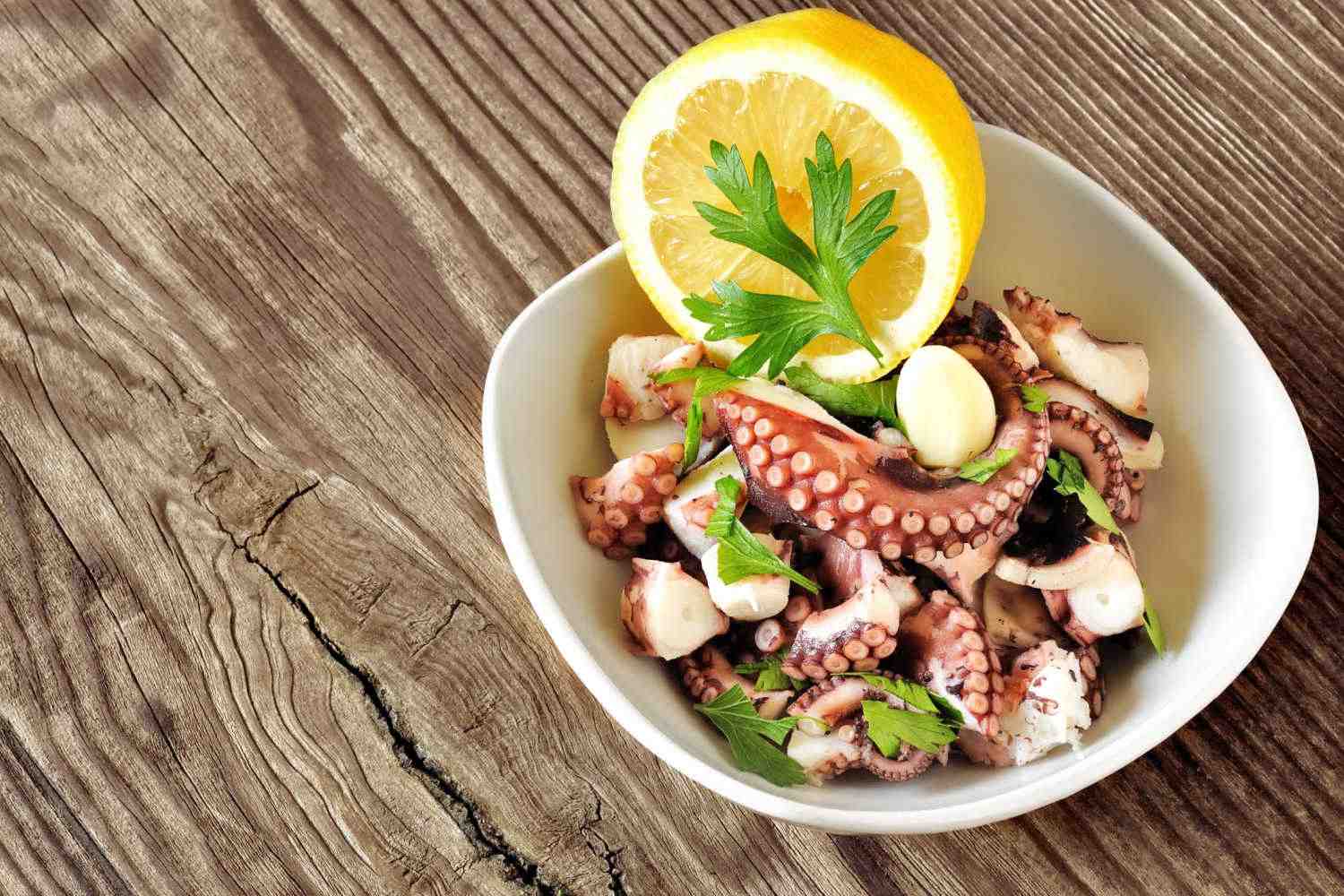
Ever wondered if it's safe to indulge in octopus while expecting? Octopus consumption during pregnancy is a topic wrapped in myths, facts, and a sprinkle of caution. Octopuses, those mysterious sea creatures, are not only a culinary delight but also packed with nutrients. Yet, when it comes to pregnancy, what's on the plate matters more than ever. Is it a green light for octopus, or should expectant mothers steer clear? Yes, consuming octopus during pregnancy is generally safe, but with some important considerations. From nutritional benefits to potential risks, let's dive into the sea of information surrounding this intriguing question. After all, ensuring the health of both mom and baby is paramount, making informed dietary choices essential. Ready to unravel the mystery?
Key Takeaways:
- Octopus can be a safe and nutritious seafood choice during pregnancy when cooked properly, offering essential nutrients like Omega-3 fatty acids, iron, and protein for fetal development and maternal health.
- Pregnant women can enjoy octopus in moderation, ensuring it's cooked to a safe internal temperature and paired with vegetables for a balanced meal, providing both health benefits and culinary excitement.
Is Eating Octopus Safe During Pregnancy?
Eating octopus during pregnancy raises questions about safety and health benefits. Generally, when cooked properly, octopus can be a safe seafood choice due to its low mercury content. However, like all foods, moderation is key.
-
Octopus is known for its high levels of essential nutrients, including Omega-3 fatty acids, which are crucial for fetal brain development.
-
Despite its benefits, pregnant women should ensure the octopus is thoroughly cooked to avoid the risk of foodborne illnesses, which can be more severe during pregnancy.
Nutritional Benefits of Octopus for Expectant Mothers
Octopus offers more than just Omega-3s. Its nutritional profile is rich, making it a potentially beneficial addition to a pregnancy diet.
-
This seafood is a great source of iron, vital for preventing anemia in pregnant women by helping in the production of hemoglobin.
-
It's also packed with protein, essential for the growth and repair of cells, which is particularly important during pregnancy.
-
Vitamin B12, found in octopus, supports the development of the baby's nervous system and helps maintain energy levels in the mother.
Potential Risks and How to Mitigate Them
While the benefits are clear, there are potential risks associated with consuming octopus during pregnancy. Awareness and proper preparation can mitigate these risks.
-
High sodium content in octopus can lead to increased blood pressure, a concern for pregnant women. Choosing fresh over processed octopus can help manage sodium intake.
-
To avoid the risk of listeriosis, a serious infection caused by eating contaminated food, pregnant women should only eat octopus that has been cooked to an internal temperature of 145°F.
-
Mercury levels in octopus are generally low, but it's still wise for expectant mothers to limit their consumption to a few servings per month.
Cooking Octopus Safely During Pregnancy
Proper preparation and cooking are paramount to ensure the safety of eating octopus during pregnancy.
-
Boiling or grilling are recommended cooking methods that can reduce the risk of foodborne illnesses while preserving the nutritional benefits.
-
Avoid eating raw or undercooked octopus, such as in sushi or sashimi, as this increases the risk of parasitic infections.
Incorporating Octopus into a Pregnancy Diet
Introducing octopus into a pregnancy diet can be done safely and deliciously with a few considerations.
-
Mixing octopus with a variety of vegetables in dishes like salads or stews can enhance its nutritional value and make for a balanced meal.
-
For those concerned about environmental sustainability, sourcing octopus from responsible fisheries ensures that consumption is not only safe but also ethical.
-
Experimenting with different recipes and cooking methods can make including octopus in the diet more enjoyable and provide a culinary adventure for expectant mothers.
Eating octopus during pregnancy, when done cautiously, offers numerous health benefits without compromising safety. With its rich nutritional profile, it can be a valuable addition to a balanced diet, provided that it's cooked properly and consumed in moderation.
A Final Scoop on Octopus and Pregnancy
Eating octopus while expecting isn't off-limits, but moderation and preparation are key. Packed with nutrients like Omega-3s, protein, and iron, octopus can be a beneficial addition to a pregnancy diet. Yet, it's crucial to cook it thoroughly to avoid any foodborne illnesses that could harm you or your baby. Also, keep an eye on mercury levels and aim for smaller servings to stay on the safe side. Always chat with your healthcare provider before making significant changes to your diet during pregnancy. They can offer personalized advice that considers your health history and nutritional needs. Remember, a balanced diet that includes a variety of foods will support your health and your baby's development throughout these crucial months.
Frequently Asked Questions
Was this page helpful?
Our commitment to delivering trustworthy and engaging content is at the heart of what we do. Each fact on our site is contributed by real users like you, bringing a wealth of diverse insights and information. To ensure the highest standards of accuracy and reliability, our dedicated editors meticulously review each submission. This process guarantees that the facts we share are not only fascinating but also credible. Trust in our commitment to quality and authenticity as you explore and learn with us.


